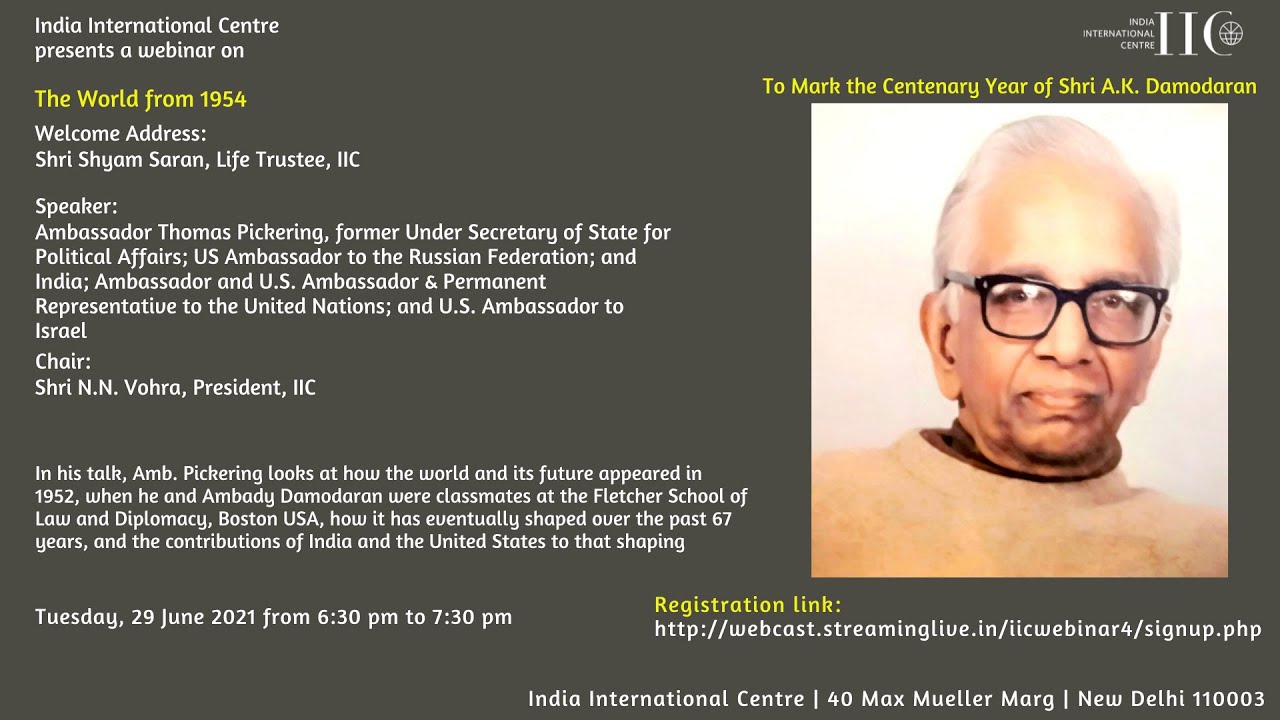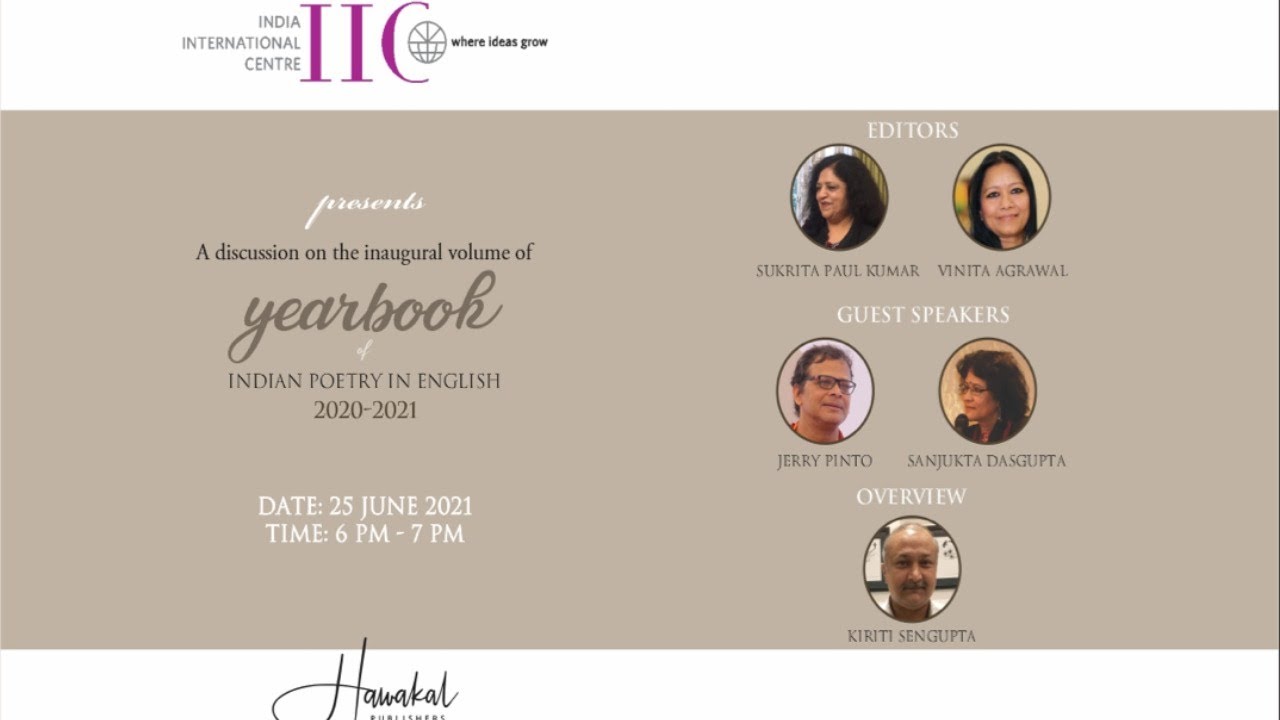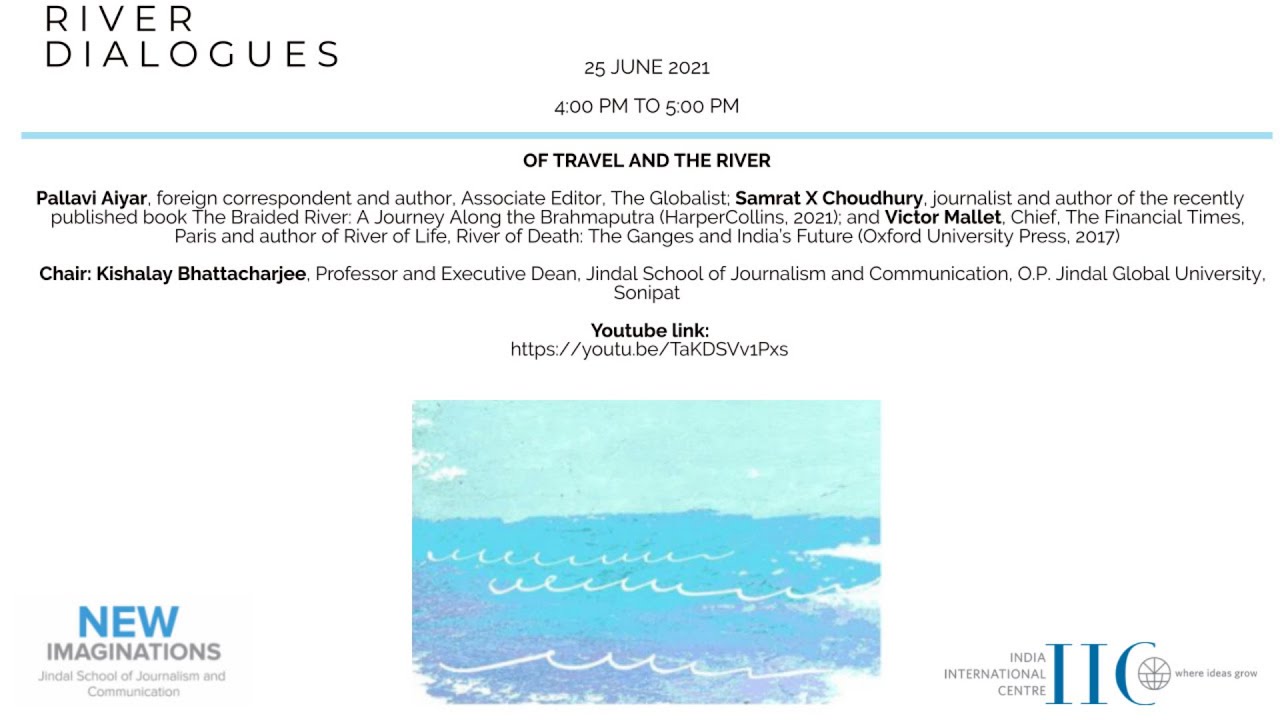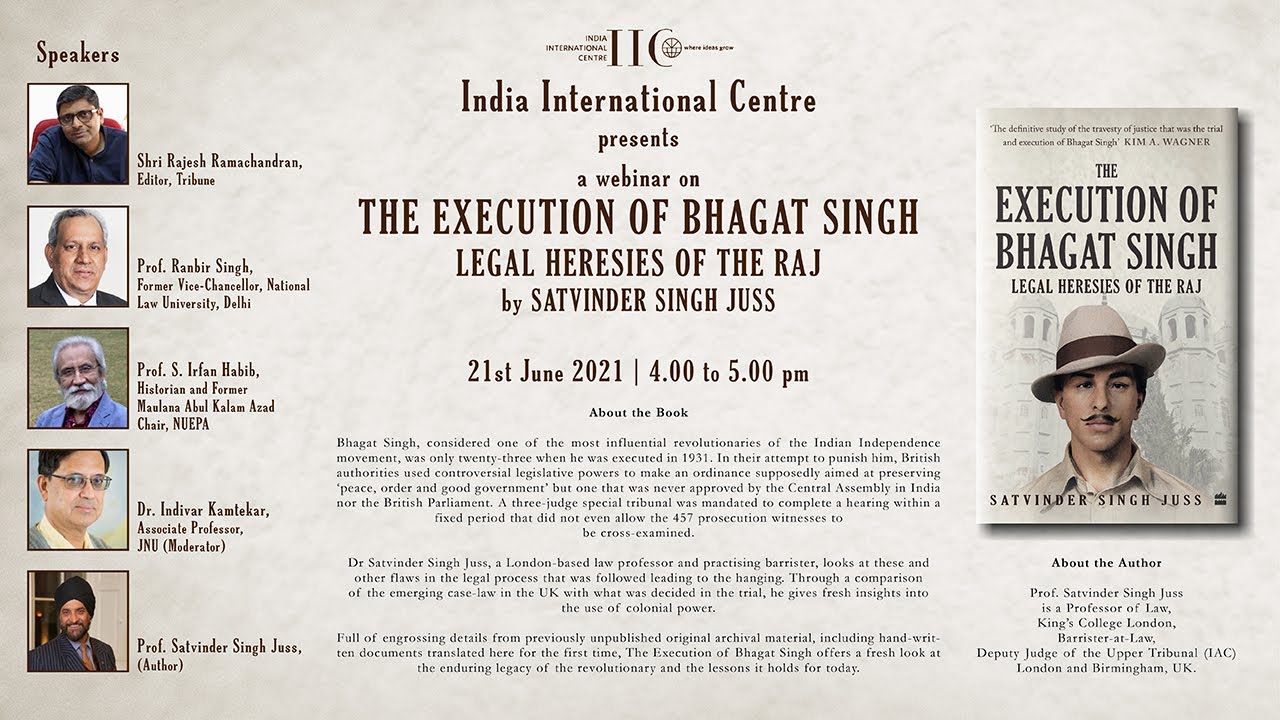Gharana-E-Rampur
Relive the era of the Nawabs at IIC with Rampuri cuisine, one of India’s ‘courtly’ cuisines. A melting pot of Mughlai, Afghani, Lucknowi, Kashmiri and Awadhi cuisine, Rampuri cuisine is all about simple textures, whole spices, and the use of lotus seed, banana flower, khus ki jadh and sandalwood. Every dish has its own special mix of spices and is cooked over a low flame for several hours in cooking utensils traditional to Rampur. With great mastery in disguising ingredients, this royal cuisine threw up unusual desserts like gosht ka halwa, macchi ka halwa, mirchi ka halwa and adrak ka halwa. Kele ke kabab and kathal ke seekh kabab also originated in Rampur. IIC will be serving this special menu from 25th June to 27th June. These items shall be served in addition to the regular take away/ dine in menu.
|
S.NO |
FOOD ITEMS |
SELLING PRICE WITHOUT TAX |
|
|
STARTERS (Non vegetarian) |
|
|
1 |
Gola kebab mutton (6 pcs) |
390.00 |
|
2 |
Macchi anjeer tikka (fish tikka) (6 pcs) |
580.00 |
|
3 |
Rampuri haryali murgh tikka (6pcs) |
360.00 |
|
|
STARTERS (Vegetarian) |
|
|
4 |
Paneer Baluchi tikka (6 pcs) |
190.00 |
|
5 |
Kathal ke shami kabab (4 pcs) |
125.00 |
|
6 |
Khache kele ke kabab |
140.00 |
|
|
MAIN COURSE |
|
|
7 |
Taar gosht |
450.00 |
|
8 |
Murgh kundan kaliyan |
275.00 |
|
9 |
Zaffrani paneer korma |
190.00 |
|
10 |
Arbi ka salan |
130.00 |
|
11 |
Shah pasand dal (arher dal) |
120.00 |
|
12 |
Rampuri degi mutanjan (rice) |
115.00 |
|
13 |
Poppy seed nan |
35.00 |
|
14 |
Bakarkhani roti |
40.00 |
|
|
DESSERT |
|
|
15 |
Hari mirch ka halwa |
100.00 |
|
16 |
Rampur ki gulatthi (shahi kheer) |
100.00 |
|
17 |
Murgh ka halwa (non-vegetarian) |
250.00 |
|
|
SPECIAL BAKERY |
|
|
16 |
Blueberry gulab jamun pastry (eggless) |
95.00 |
|
17 |
Chocolate angoori rabri pastry (eggless) |
90.00 |
Take away services with prior booking will be available from 1100 hrs to 2100 hrs. Last order can be placed at 2030 hrs.
Kindly Place order at: 011-24609359, 24609449, 24609472
Kanwal Wali
Secretary
To Mark the Birth Centenary of Shri A.K. Damodaran
The World from 1954
Talk by Ambassador Thomas R. Pickering, former Under Secretary of State for Political Affairs (1997-2000); and US Ambassador to the Russian Federation (1993-1996); India (1992-1993); Ambassador and U.S. Ambassador and Permanent Representative to the United Nations (1989-1992); and U.S. Ambassador to Israel (1985-1988)
Introduction: Shri Shyam Saran, Life Trustee, IIC
Chair: Shri N.N. Vohra, President, IIC
In his talk, Ambassador Pickering looks at how the world and its future appeared in 1952, when he and Ambady Damodaran were classmates at the Fletcher School of Law and Diplomacy in Boston USA, how it has eventually shaped over the past 67 years, and the contributions of India and the United States to that shaping.
Applications are invited from the Eligible Candidates for the post of Head of Maintenance – One Vacancy
All applications along with CV/supporting documents and a passport size photograph are to be forwarded by Email or Post on or before 15th July 2021 to the Administrative Officer, 40, Max Mueller Marg, New Delhi - 110003
Please note : Applications received after the last date will not be considered.
Brief of the Position
|
a) |
Qualification |
Bachelor’s degrees in Civil or Mechanical or Electrical Engineering with 20 years of professional experience |
|
b) |
Age |
Below 62 years |
|
c) |
Job Requirement |
Responsible for maintenance of Electrical, Air-conditioning and Mechanical installations apart from small civil constructions and renovations of building; budgeting of all capital expenditure and repair and Maintenance; ensuring fire safety compliance and liaison with governmental agencies, Kitchen equipment such as chiller Rooms, Ovens, Sound Systems. |
|
d) |
Type of Engagement |
On contract basis, initially for 3 yrs. |
|
e) |
Remunerations |
To be fixed through mutual negotiation |
BOOK DISCUSSION GROUP
Yearbook of Indian Poetry in English 2020-2021
Edited by Sukrita Paul Kumar, Poet, Critic & Academic, Aruna Asaf Ali Chair, University of Delhi, & Editor of the book (Moderator) and Vinita Agrawal, Editor, Curator, Independent Researcher & Editor of the book (Moderator)
Speakers: Jerry Pinto, Indian English poet, novelist, short story writer, translator and journalist; and Sanjukta Dasgupta, critic, translator and poet, former Professor and Former Head, Department of English and currently Dean, Faculty of Arts, University of Calcutta
Overview: Kiriti Sengupta, poet, editor, translator, and publisher from Calcutta and recipient of the Rabindranath Tagore Literary Prize (2018)
MANGO MANIA
Summer in India is synonymous with the mango in all its countless varieties and flavours. The ‘King of Fruit’ makes a very special appearance in IIC Menus this weekend, with innovative dishes that pay tribute to its versatility. Find its unique flavour in kebabs, both vegetarian and non-vegetarian, and infused in chicken and shrimp curries. Vegetarians will relish mango curry and biryani, with mango parathas. Round off your meal with IIC’s popular mango deserts: ice cream, aam ras and strudel. IIC will be serving this special menu from 19th June to 21st June. These items shall be served in addition to the regular take away and Dine in menu.
|
S.NO |
FOOD ITEMS |
SELLING PRICE WITHOUT TAX |
|
|
BEVERAGE |
|
|
1 |
Homemade Aam Panna |
50.00 |
|
|
STARTERS (Non vegetarian) |
|
|
2 |
Chicken Kebab Mango Flavoured (6 pcs) |
375.00 |
|
3 |
Aam ki Reshmi Kebab (4 pcs) chicken |
375.00 |
|
|
STARTERS (Vegetarian) |
|
|
4 |
Mango Infused Vegetable Shami Kebab (4 pcs) |
115.00 |
|
5 |
Paneer Kebab Mango Flavoured (6 pcs) |
210.00 |
|
|
MAIN COURSE |
|
|
6 |
Mango Stuffed Chicken (non-veg) |
265.00 |
|
7 |
Shrimp in Creamy Mild Mango gravy (non-veg) |
430.00 |
|
8 |
Dhaniya Mango Curry (veg) |
90.00 |
|
9 |
Kache Aam ki Biryani (veg) |
85.00 |
|
10 |
Mango Parantha |
35.00 |
|
|
DESSERT |
|
|
11 |
Gujrati Aamras |
65.00 |
|
12 |
Mango Strudel |
85.00 |
|
13 |
Mango Ice Cream |
75.00 |
Take away services with prior booking will be available from 1100 hrs to 2000 hrs. Last order can be placed at 1930 hrs.
Kindly Place order at: 011-24609359, 24609449, 24609472
Kanwal Wali
Secretary
RIVER DIALOGUES
Of Travel and the River
Speakers: Ms Pallavi Aiyar, award winning foreign correspondent, author of non-fiction books on China and Europe and, Associate Editor, The Globalist; Shri Samrat X Choudhury, journalist and author of the recently published book The Braided River: A Journey Along the Brahmaputra (HarperCollins, 2021); and Mr. Victor Mallet, Chief, The Financial Times, Paris and author of River of Life, River of Death: The Ganges and India’s Future (Oxford University Press, 2017)
Chair: Prof. Kishalay Bhattacharjee, Professor and Executive Dean, Director, Jindal School of Journalism and Communication, O.P. Jindal Global University, Sonipat
A series of talks and dialogues that hope to challenge the imagination of the “mainstream”. The river conversations is critical to re-evaluate histories, reconnecting civilisations, cultures and peoples, ideas and regions and opening streams of thought for a future with exciting possibilities
(Collaboration: New Imaginations, Jindal School of Journalism and Communication, O.P. Jindal Global University)
Book Discussion Group
The Execution of Bhagat Singh: Legal Heresies of the Raj
by Satvinder Singh Juss (Amberley Publishing, UK: 2020)
Discussants: Shri Rajesh Ramachandran, Editor, Tribune; Prof. Ranbir Singh, Former Vice-Chancellor, National Law University, Delhi; Prof. S. Irfan Habib, historian and former Maulana Abul Kalam Chair, NUEPA; and Prof. Satvinder Singh Juss, Professor of Law, King's College London, Barrister-at-Law, Deputy Judge of the Upper Tribunal (IAC), London and Birmingham, UK. and author of the book
Moderator: Dr. Indivar Kamtekar, Associate Professor, Centre for Historical Studies, Jawaharlal Nehru University
BERLANGA CELEBRATES ONE HUNDRED YEARS
A series of films to celebrate the centenary year of Luis García Berlanga (1921-2010), arguably one of the greatest Spanish film directors of his time and an arch-satirist of Spanish society. Remarkably, much of his best and most cutting work were made under the scrutiny of a censorious dictatorship. The online film series revisits four ground-breaking films that played a significant role in his career and evolution as a filmmaker. Organised in collaboration with Cervantes Institute, New Delhi; Filmoteca de la AECID, ICAA; Filmoteca Española, AC/E; and Academia del Cine, Spain.
The films will be screened every Friday in June 2021 for a duration of 48 hours. Vimeo links of the films will be posted on the IIC website (www.iicdelhi.in) and sent by email.
National Heritage (Patrimonio nacional/Spain) | (110 min; 1981; Spanish with English subtitles)
Director: Luis Gracía Berlanga
Recipient of the Fotogramas de Plata Award for Best Spanish Movie Performer, Fotogramas de Plata 1982; and Sant Jordi Award for Best Film, Sant Jordi Awards 1981
A satire on the Spanish aristocracy, the film is set in the period following Gen. Franco’s death. An elderly marquis and his insane son decide to return to Madrid after years away, in order to claim a rundown palace. The Palace is inhabited by a bedridden marquesa and her gay manservant…
https://cultura.cervantes.es/nuevadelhi/en/national-heritage/143736
Concert – Triple Concerto (23 min)
Written for Kosmos Ensemble by Errollyn Wallen
Kosmos Ensemble is a chamber-folk trio led by violinist Harriet Mackenzie which aims to create bridges between classical music and folk. They are Harriet Mackenzie (violin); Meg-Rosaleen Hamilton (viola); and Miloš Milivojevic (accordion)
Video recording of a concert presented by Kosmos Ensemble at the Festival of Chichester, Chichester Cathedral, July 2018






































































